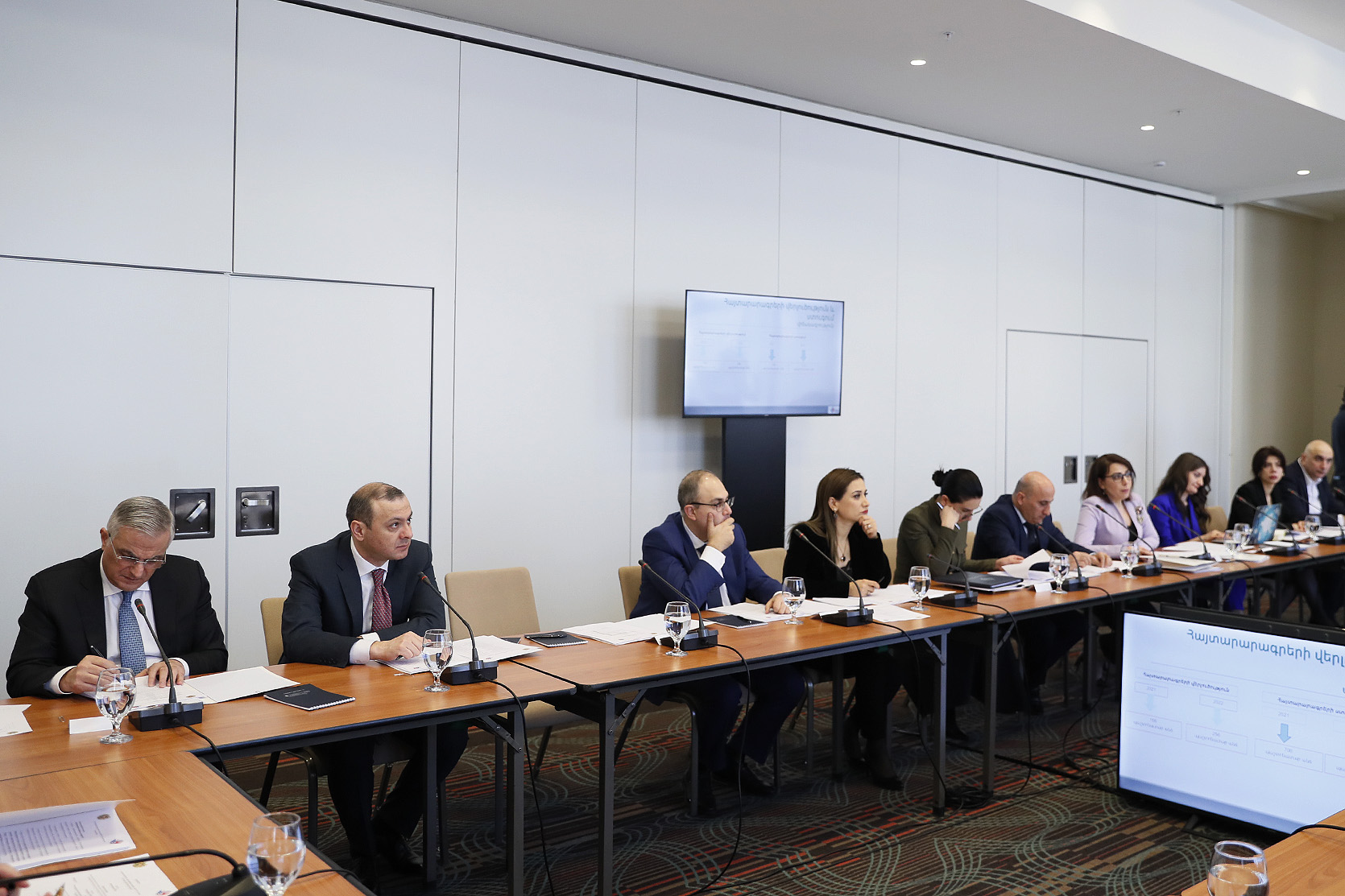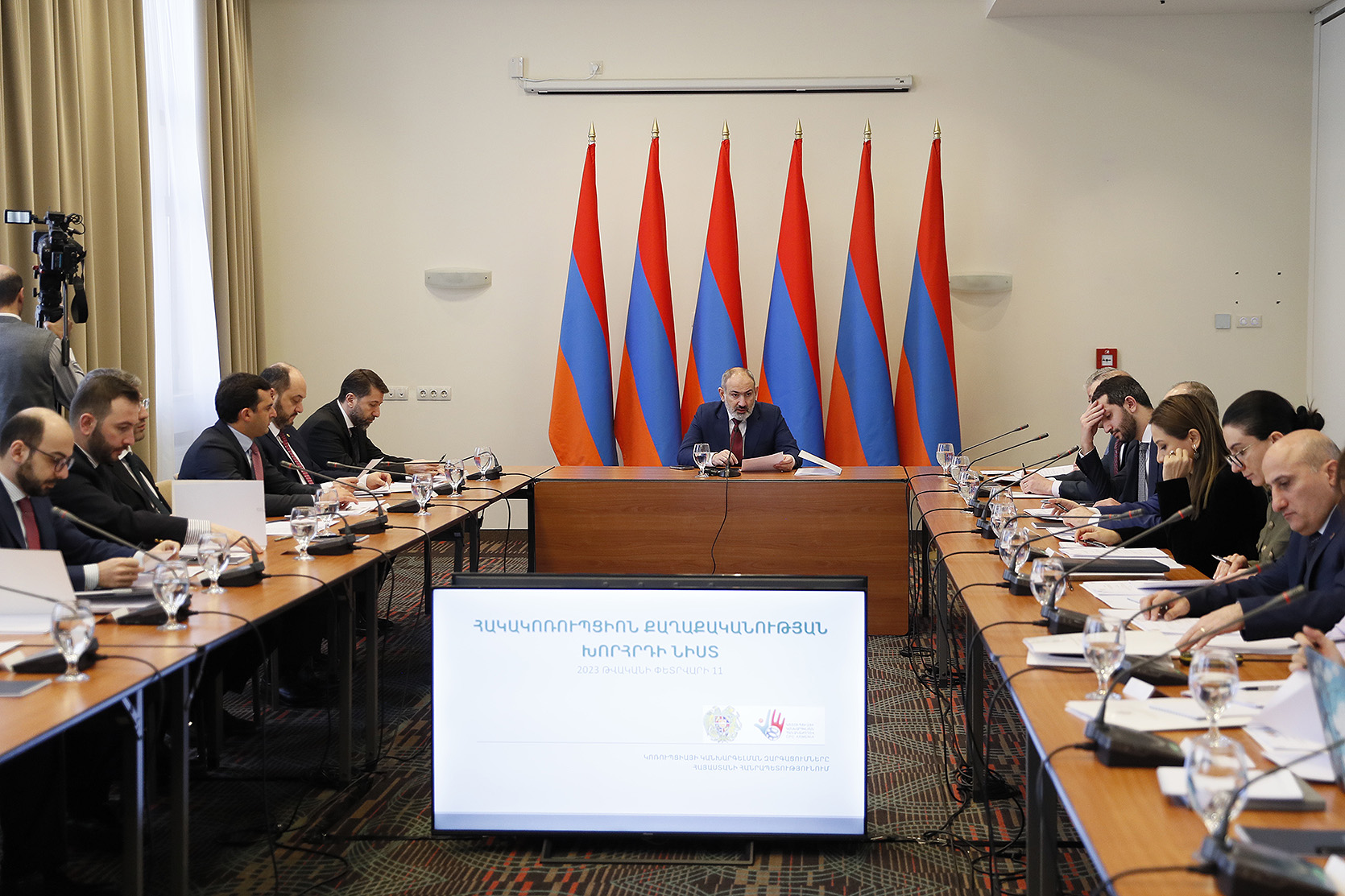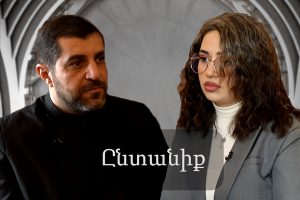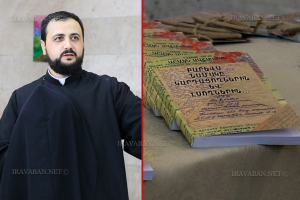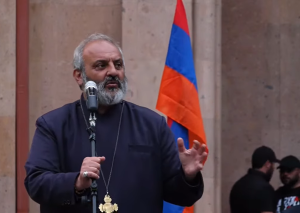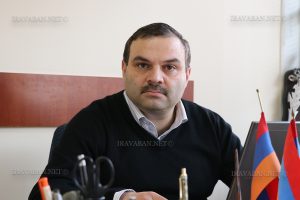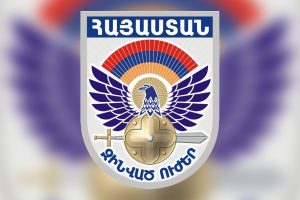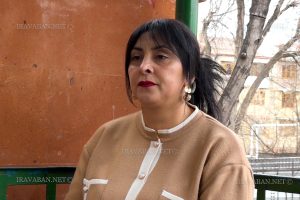Chaired by Prime Minister Nikol Pashinyan, the regular meeting of the Anti-corruption Policy Council was held in Jermuk. The session was attended by representatives of the legislative, executive, judicial systems, as well as civil society and other bodies. Moving on to the issues on the agenda, the current situation and development prospects of corruption prevention were first addressed. In particular, issues related to the declaration system, financial supervision of parties, and anti-corruption education were discussed.
It was noted that the declaration system gave positive results in terms of supervision. For the development of the system, a new electronic system has already been introduced, where officials and their related persons will fill in their declarations this year. Some data is already loaded into this system and it will enable to fill out the declarations in the simplest way. The system will have the ability to download information and perform independent analysis.
It was noted that during the previous year, the volumes of analysis of declarations by the Corruption Prevention Commission on the basis of risk indicators have significantly increased. Last year, compared to 2020, fewer cases were sent to the Prosecutor General’s Office, but administrative proceedings increased. It was noted that in order to continuously improve the operation of the Commission and the declaration system, new legislative changes are needed.
Anti-corruption mechanisms have been introduced to the field of increasing the level of financial supervision and accountability of parties. The programs being implemented and planned for the near future in the direction of anti-corruption education were highlighted. Those in charge noted that anti-corruption education programs will be introduced from preschools to the university system.
At the same time, the process of developing a new anti-corruption strategy is currently underway.
Next, the study of integrity, conflicts of interest in public service, codes of conduct, incompatibility, acceptance of gifts and other integrity-related issues were addressed.
Issues related to the corruption risk assessment system, its capabilities, existing problems and prospects for their solution were also discussed.
Summarizing, the Prime Minister emphasized the importance of ensuring proper public awareness of new programs, development of systems and legislative changes to be implemented in the anti-corruption sector. “Now we have to focus on the content of the new Anti-Corruption Strategy. The recommendations made in today’s session should become a guideline for the strategy. The anti-corruption commitment and will of our government to fight against corruption has not wavered even by a millimeter,” the Prime Minister emphasized, adding that there should be clear anti-corruption standards. At the same time, Nikol Pashinyan emphasized the importance of conducting a proper investigation by the relevant departments into the media publications of corruption nature. “This is a key issue, nothing can be left unresponded, we must go to the end and provide information about the results to the public,” the Prime Minister noted. The implementation of active public awareness campaign among citizens regarding the notification system was also particularly highlighted. “Much importance should be attached to the development of the Whistleblower Institute, and this issue should be included in the new strategy of the anti-corruption policy,” Prime Minister Pashinyan underlined.
